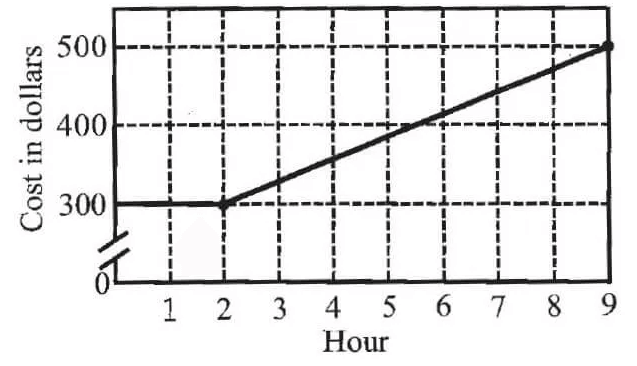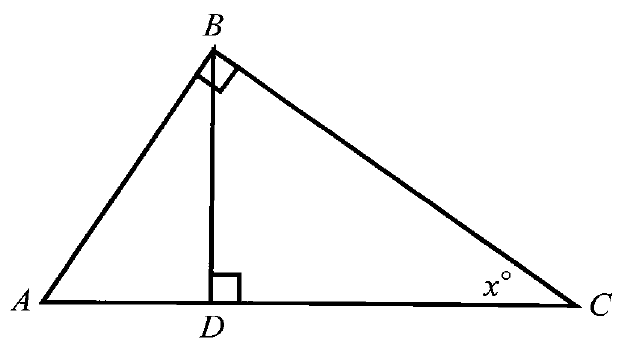CONSTRUCTION OF ANGLE BISECTOR
To construct an angle bisector, you must need the following instruments.
1. Ruler
2. Compass
Steps to Construct Angle Bisector
Step 1 :
Construct an angle of given measure at O using protractor.
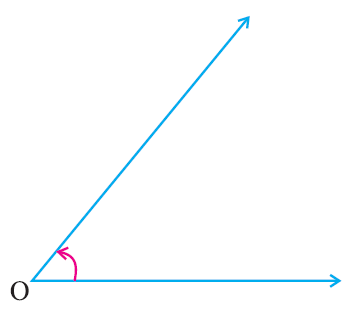
Step 2 :
With ‘O’ as center draw an arc of any radius to cut the rays of the angle at A and B.
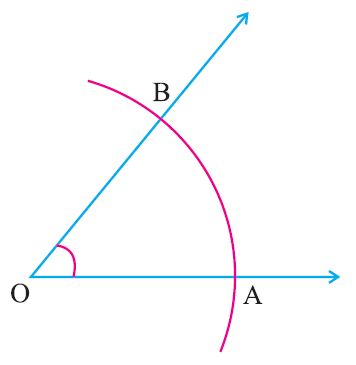
Step 3 :
With ‘A’ as center draw an arc of radius more than half of AB, in the interior of the given angle.
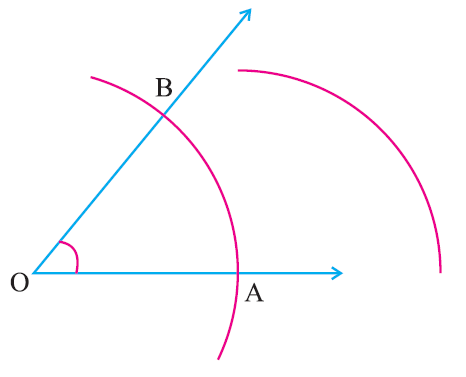
Step 4 :
With ‘B’ as center draw an arc of same radius to cut the previous arc at ‘C’.
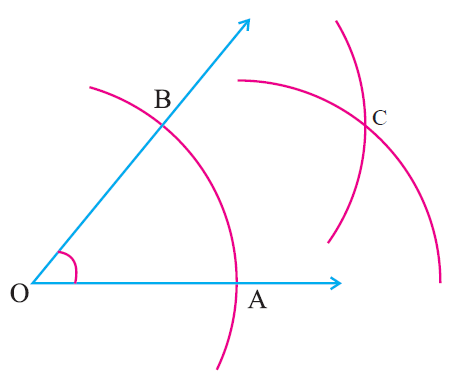
Step 5 :
Join OC.
OC is the angle bisector of the given angle.
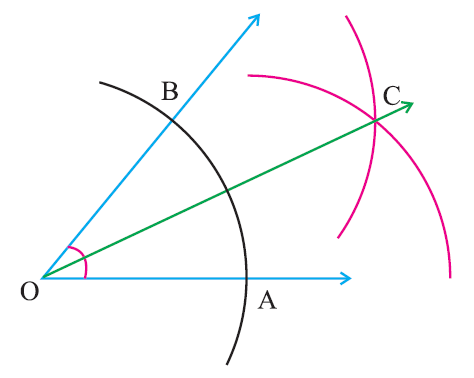
This construction clearly shows how to draw the angle bisector of a given angle with compass and straightedge or ruler. The angle bisector divides the given angle into two equal parts.
For example, if we draw angle bisector for the angle 60°, the angle bisector will divide 60° in to two equal parts and each part will measure 30°.
Key Concept - Angle Bisector
The angle bisector of a given angle is the line of symmetry which divides the angle into two equal parts.
Practice Question
Construct ∠AOB = 80° and draw its angle bisector.
Step 1 :
Construct ∠AOB = 80° angle at the point ‘O’ using protractor
Step 2 :
With ‘O’ as center draw an arc of any radius to cut the rays OA and OB at the points X and Y respectively.
Step 3 :
With ‘X’ as center draw an arc of radius more than half of XY in the interior of the angle.
Step 4 :
With ‘Y’ as center draw an arc of the same radius to cut the previous arc at C. Join OC.
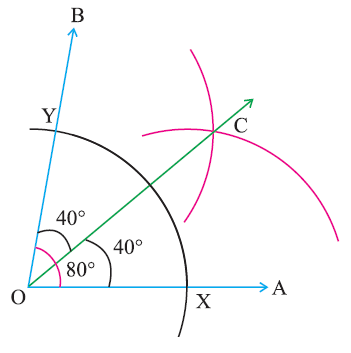
Using the steps explained above, in the above figure, angle bisector is drawn at O.
OC is the angle bisector of the given angle 80°.
Hence, OC divides the angle 80° in to two equal parts and each part measures 40°.
Kindly mail your feedback to v4formath@gmail.com
We always appreciate your feedback.
©All rights reserved. onlinemath4all.com
Recent Articles
-
Logarithmic Derivative Problems and Solutions
Apr 16, 25 09:25 PM
Logarithmic Derivative Problems and Solutions -
Digital SAT Math Problems and Solutions (Part - 145)
Apr 16, 25 12:35 PM
Digital SAT Math Problems and Solutions (Part - 145) -
Digital SAT Math Problems and Solutions (Part - 144)
Apr 14, 25 07:27 PM
Digital SAT Math Problems and Solutions (Part - 144)
